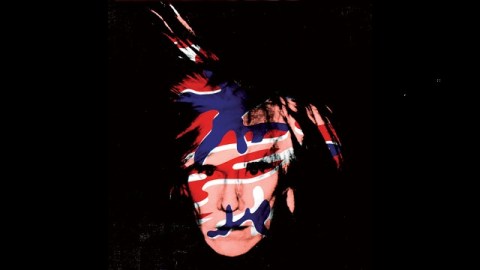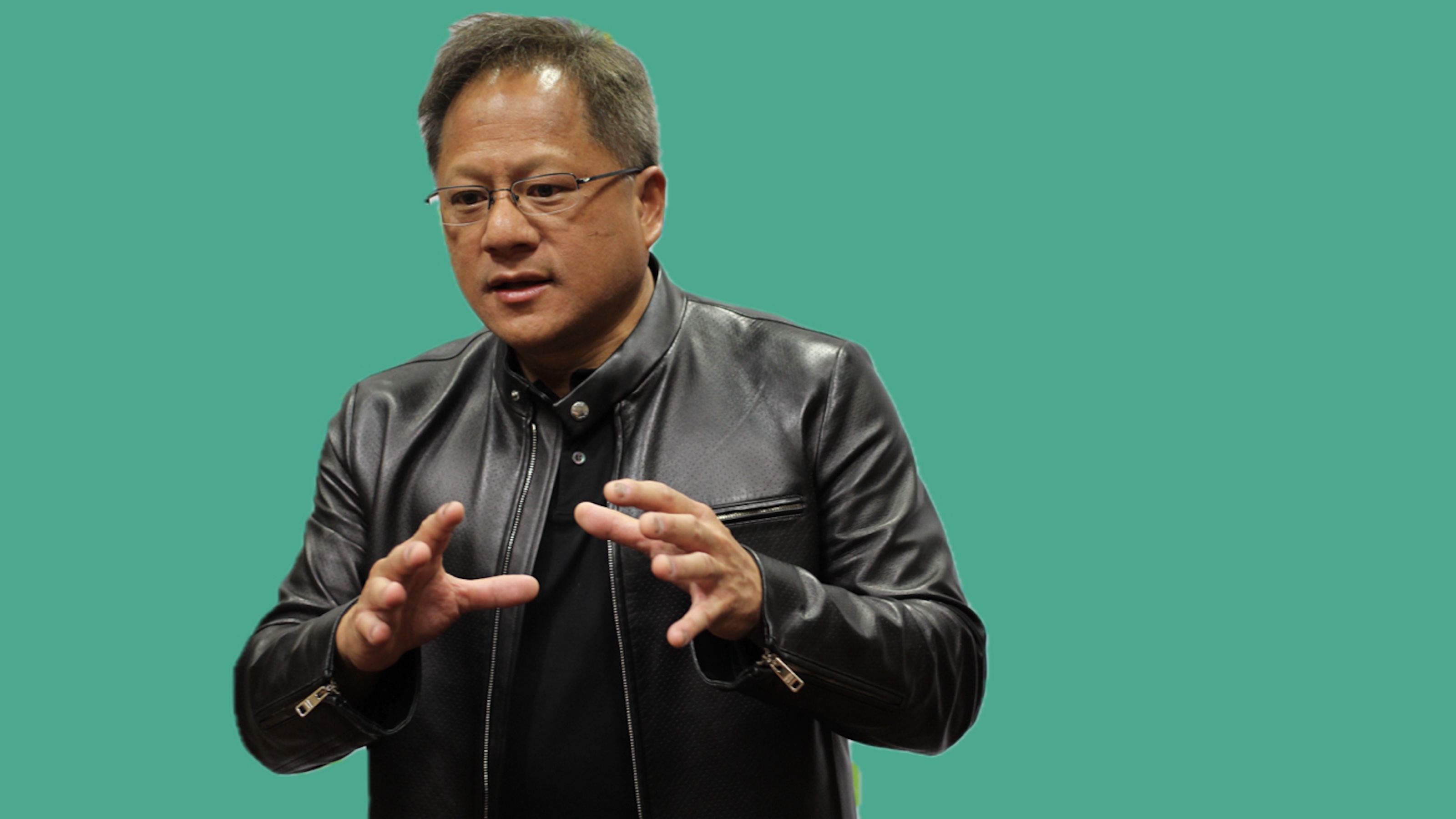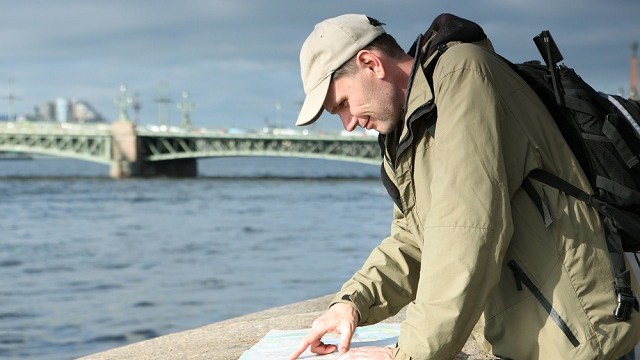What Would Warhol Say About the Last Election?

After all the votes were cast and counted and even Florida reached a conclusion, the election postmortem flew fast and furious and will continue to whirl until the 2016 presidential election begins, which should be any second now. One precinct, one voice yet to be heard from is that of that most quintessentially modern American artist—Andy Warhol (shown above in one of his many self-portraits). Via a pre-election essay by art historian and poet Carter Ratcliff, we can “hear” Andy’s take on the election and, more importantly, what it means to be an American citizen caught up in the bubbling, 21st century cauldron of the democratic experiment.
Ratcliffe writes on the Abbeville Press Blog in conjunction with the recent release of Warhol, an exciting, innovative e-book that allows for easier navigation between images and text that brings Pop Art to your iPad. Author of The Fate of a Gesture: Jackson Pollock and Postwar American Art in 1996, Ratcliffe also wrote in 1982 John Singer Sargent, which I keep on my reference shelf as a go-to guide to one of my favorite portraitists and watercolorists. Unlike the deceased Pollock or Sargent, Warhol cooperated with Ratcliffe in the making of the book. As Ratcliffe explains in his essay, after talking “to the artist at length,” he found that “[a]s forthcoming as [Warhol] was, his demeanor was always deadpan and his remarks were tinged by a certain reluctance. On the slightest pretext, he would change the subject from, say, his childhood or a new series of prints to something else–anything else. Warhol was always in flight from himself and his evasions are often more revealing than his reminiscences.” This prolonged exposure to and deep understanding of Warhol’s voice positions Ratcliffe uniquely to make him “speak” today.
Of course, Ratcliffe doesn’t intend to say anything directly about the election specifically or American politics in general in his piece on Warhol, but it’s hard not to read into the words what Warhol himself would reluctantly and evasively say. Ratcliffe analyzes first Warhol’s complex relationship to the nature of celebrity, dismissing Warhol’s “detractors [who] understand his devotion to fame as a sign of adolescent shallowness” before calling Warhol “not merely… an important artist but as an American visionary of the first magnitude.” In Ratcliffe’s imagination, Warhol takes on a Gatsby-esque aura. Warhol’s fascination with his “Superstars” duplicates for Ratcliffe Gatsby’s filling of his mansion with “interesting people… People who do interesting things. Celebrated people.” But just as Gatsby represented for F. Scott Fitzgerald a new kind of American in a new kind of America, these “Superstars” stood as the founding citizens of Warhol’s new America. While an exhibit such as Regarding Warhol (which Ratcliffe sees as “a bit too academic, too museumy,” but I review more favorably here) acknowledges Warhol’s artistic influence, Ratcliffe calls for Warhol’s wider influence on American society. “Like Ralph Waldo Emerson, Walt Whitman, and a very few others,” Ratcliffe believes, Warhol “helped us see what it is to be American.”
What sets Warhol apart from that distinguished company for Ratcliffe, however, is that he never meant to say anything about America or America-ness. Warhol “simply wanted to find his way into the realms of celebrity and stardom and glamour,” Ratcliffe concludes. Egotists such as Emerson or Whitman “singing” themselves as much as their country consciously addressed societal issues, but Warhol just wanted to meet the famous and bask in their glow, not even necessarily to have it rub off on himself.
Ratcliffe quotes Warhol as saying, “Everybody has their own America, and you live in your dream America that you’ve custom-made from art and schmaltz and emotions just as much as you live in your real one.” In our present day land of iPhones and iPads, we’ve each fashioned our own iAmerica. To think otherwise is willful blindness—and an especially dangerous form of blindness at that. From shouting down the opposition to “UnSkewed” polls that make data tell us what we want to believe, this past election might have been the first (and, sadly, almost definitely not the last) “Post-Truth Election.” If nothing else, Warhol (and Ratcliffe’s great essay) teach us that we’re all Gatsby now, all Warhol now. “[T]he inventiveness of Warhol’s art was self-invention by proxy,” Ratcliffe argues in the end, “and he had that Whitmanesque sense that a truly American self is somehow identical with the nation and its infinite possibilities.” Those infinite possibilities for an American re-invention can go in either a positive or a negative direction, all depending on whether we accept to the call to be “Superstars” of democracy or not.





